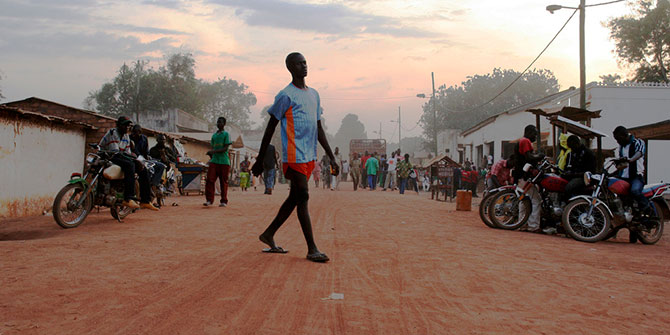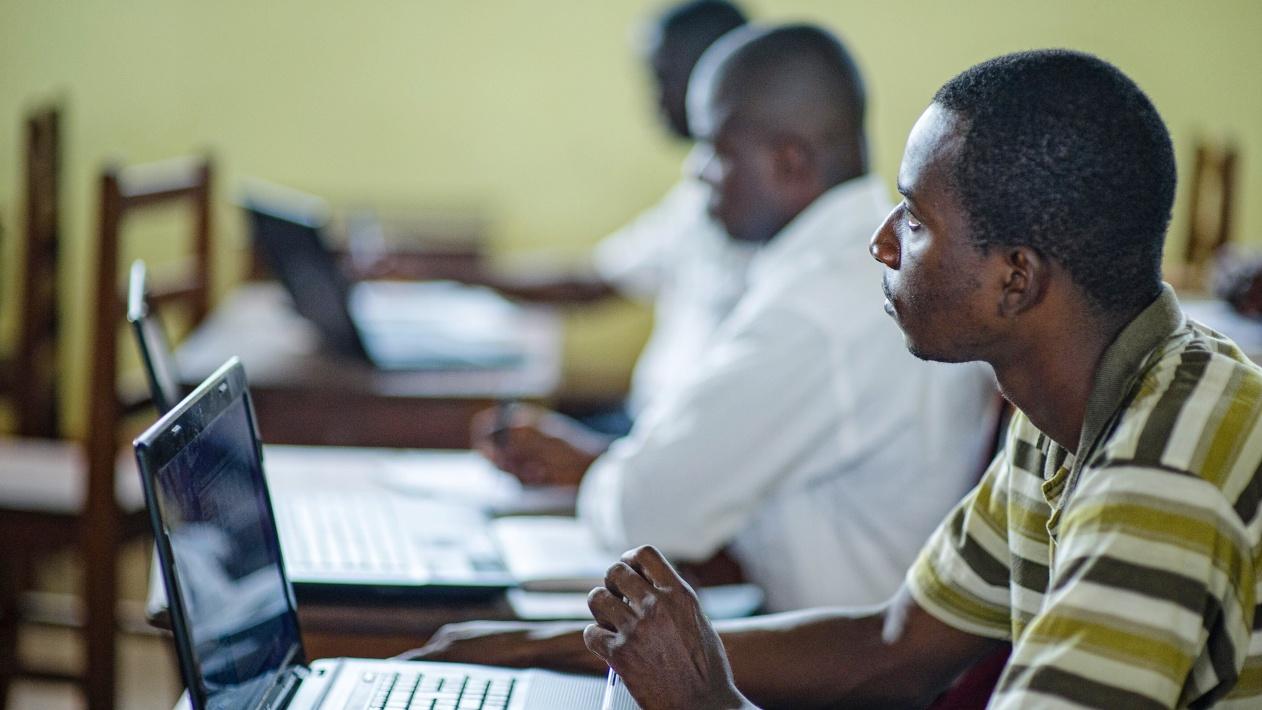As UK universities continue to extend their engagement with Africa, we ask how far can they, or will they, go?
Given LSE’s engagement with Africa, we were really keen to attend last week’s Africa Forum at the University of Reading just outside London. The day’s theme was how universities should engage with the “new Africa”. If you are wondering about the definition of the “new Africa”, University of Reading’s Dr Chukwumerije Okereke provided the answer.

He gave three features of the “new Africa”: the reduction of conflicts, the quest for good governance and the phenomenal growth in the last decade.
Contrasted with this are some of the challenges such as the fact that higher education institutions in Africa are poor and unable to educate students to maintain their growth.
However, Dr Okereke pointed to climate change as the supreme test for the continent describing it as the “single most important challenge to Africa in the 21st century”.
Dr Okereke then went on to wow the audience with a series of facts and figures. Contrary to common belief, only 32% of Africa’s growth was the result of enterprise of national resources. 62% came from from retail, telecoms etc.
Given that Africa has 10% of the world’s oil reserves, Dr Okereke predicted that Africa will furnish the world with fuel over the next 20 years. With 40% of Africans now living in cities compared to 28% in the 80s, there is also increased spending power.
Even more fascinating is the fact that Africa is the only place in the world with a growing number of working people. Even India and China are contracting in that sense.
Ultimately, Dr Okereke echoed LSE’s African Chair, Thandika Mkandawire and University of Cape Town Vice Chancellor Max Price in saying that education is the most important priority in Africa today.
Under the leadership of Professor Mkandawire, the LSE African Initiative has prioritised knowledge exchange such as the African Visiting Research Fellowship Programme which gives early and more senior African academics the opportunity to spend up to six months at LSE. There are also plans for a summer school to be held jointly with UCT from 2013.
Dr Okereke though would like to see UK universities set up campuses in Africa. It is an idea with value as it would give young Africans the access to the western education they desire while helping stem the brain drain. A possible model for this would be NYU which already has campuses in Abu Dhabi and Singapore in addition to global academic centres around the world including Accra, the capital of Ghana.
Throughout the course of the day, we heard of several universities who are engaged with Africa in multiple ways. Warwick spoke about their School of Law Ethiopia project among others.
University of Reading are engaged in the Sudan Initiative as well as the Henley Business School in Africa, which is the only locally accredited overseas business school in South Africa. Similarly, Durham University boasts an African Regional Interest Group while Kings College London has established an African Leadership Centre in Nairobi as well as a joint MA with the University of Nairobi.
Yet Dr John Kirkland, Deputy Secretary-General of the Association of Commonwealth Universities (ACU) says that the need for UK-Africa higher education links is a matter of urgency and that it is far too low on the agenda of many.
ACU itself hosted a summer school in Cameroon in 2011. Given LSE’s plans to do something similar in 2013, it is worth pondering whether summer schools will prove to be a precursor to fully-fledged campuses in Africa. Only time will tell.





